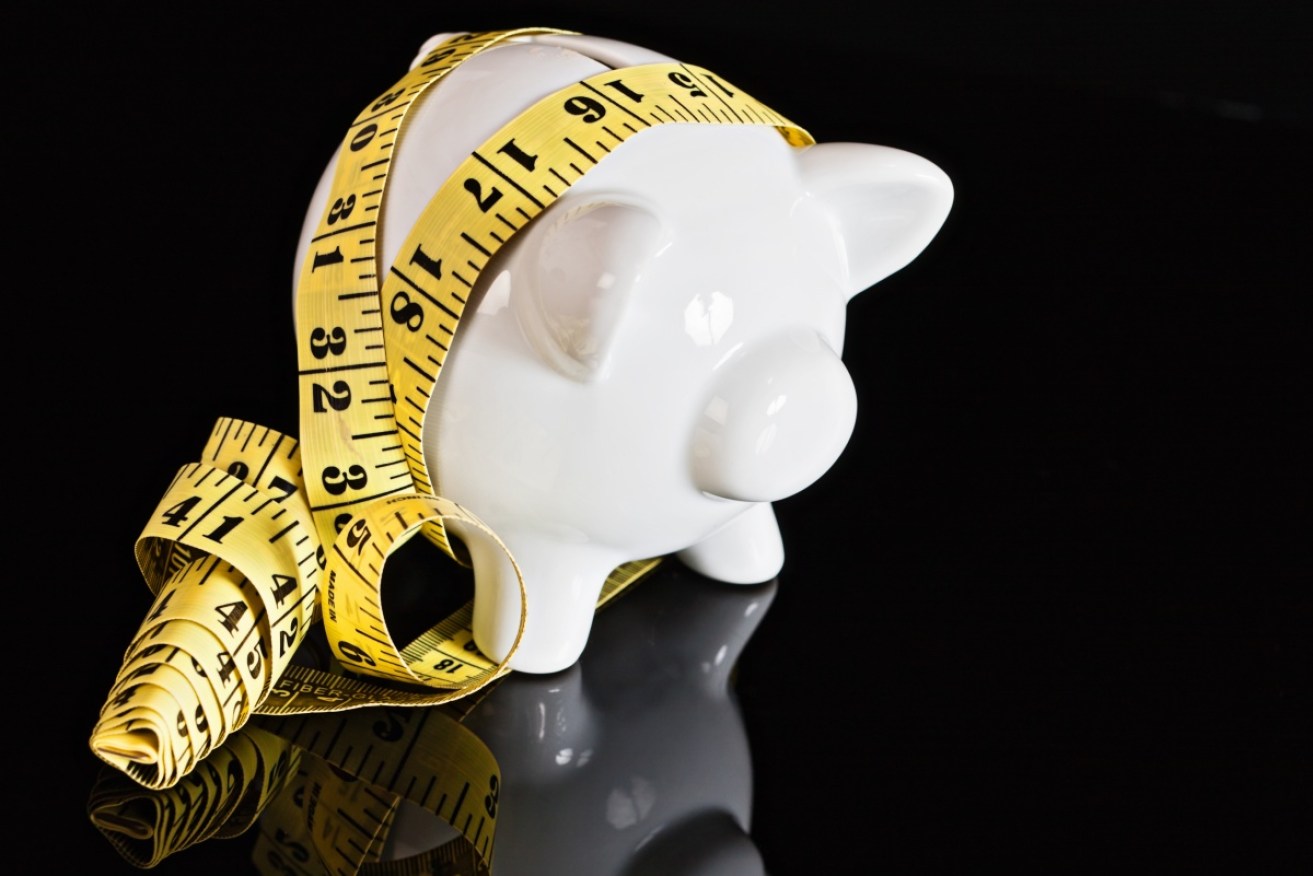How to manage HECS debts larger than super savings


More and more young Australians are finding themselves with HECS debts far above what they've saved in super, but their plight isn't as bleak as it first appears. Photo: Getty
A 32-year-old Melbourne woman has been reduced to tears after learning her student loan debts are four times larger than the amount she has accrued through superannuation.
In an impassioned plea for help posted to social media site Reddit, user ariadnabanana outlined how upset she was to learn she’d saved only $19,000 in super while still owing the government $80,000 through the government HECS student loan program.
“I made the mistake of not truly understanding that I was basically spending $80k of my future income when I took out my HECS and now I wish I didn’t spend it that way, but I can’t do much about it,” she wrote in a post, which garnered more than 200 responses in only two days.
“I’ve feel like I have completely f—ed up my life and I’m only 32 years old.”
The user, who said she had found a job paying $65,000 per year, went on to say she aspired to own a house and have a healthy social life, but felt the massive debt would prevent her from achieving her goals.
She’s not alone in her plight. Figures from the Australian Taxation Office show more than 2.6 million people still have outstanding HECS debts.
Industry Fund Services head of technical, research and advice services Craig Sankey said this situation was one that young Australians were increasingly finding themselves in, but for most people it was not something to be alarmed about.
Don’t panic, there’s a way out
HECS loans are very different to other debt that people take on during the course of their lives, and according to Mr Sankey these unique traits make them very manageable for most people.
For one thing, HECS loans don’t charge interest. Instead, these loans are indexed to the consumer price index (CPI) to account for inflation, making them one of the cheapest kinds of debt on offer.
HECS debts are also unusual in the way they are repaid. Instead of requiring regular repayments in the way a mortgage might, the government takes a percentage of former students’ salaries each year.
That percentage also varies based on annual income ranging from 8 per cent for people earning more than $103,766 per annum to no repayments for anyone earning less than $55,874 (although that bottom threshold will reduce to $45,881 by the 2019-20 financial year).
This percentage-based system means the more you earn, the more you pay off each year, and the faster that debt diminishes.
And, according to Mr Sankey, people who take on HECS debt (and in doing so earn a qualification) typically have higher incomes than those who don’t.
Plan and prioritise
Situations where someone’s HECS debt exceeds their super savings are becoming “fairly normal” among young people, Mr Sankey said.
While this type of debt is cheap and manageable for most, it shouldn’t be ignored – especially for people with other financial goals, like buying a house.
“You need to come up with a plan and take a look at what your repayments are and the likelihood of it being repaid and in what time period, and then balance that off with other kinds of goals you may have,” Mr Sankey said.
There are several factors to consider when creating a plan.
These include the size of the debt itself, the time frame and any other debts that might need to be repaid (and whether or not these can be combined, or whether it’s worth paying off a separate debt with a higher interest rate first).
Superannuation’s compounding interest benefits and tax concessions mean it is also worth weighing up whether any spare money should used to pay down a debt or squirrelled away with other retirement savings, where it can accrue additional returns.
Mental health is also worth factoring in.
“For those people that really stress about debt and can’t sleep at night, then those are the types of people that should look at prioritising their debt,” Mr Sankey said.
“Even if the maths doesn’t stack up, paying off your debt could have psychological benefits and make them feel a whole lot better.”








